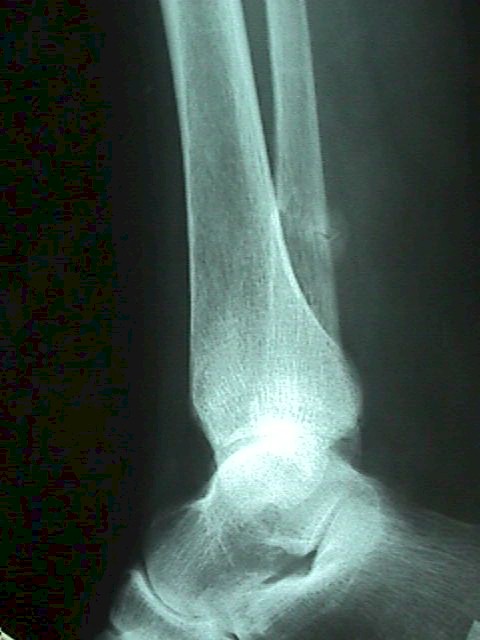|
Trauma During Pregnancy |
 |
 Maternal Trauma During
the First Trimester
Maternal Trauma During
the First Trimester
During the first trimester, the uterus is protected within the pelvic bones. Trauma
during this time will either be so severe as to cause a miscarriage (spontaneous abortion
or fetal death), or else it will have no effect.
Miscarriage is a common event, normally occurring in one out of every 5 or 6 pregnancies. While trauma can cause 1st trimester pregnancy loss, it is exceedingly rare in comparison with other causes of miscarriage.
Catastrophic trauma includes such types of injury as maternal death, hemorrhagic shock, multiple compound fractures of the extremities, liver and spleen ruptures, to name a few. Catastrophic trauma during the first trimester is often associated with subsequent miscarriage.
Non-catastrophic trauma includes bumps, bruises, fractures of small bones (fingers, toes), minor burns, etc. While such non-catastrophic injuries may be serious enough to require treatment, they are not associated with miscarriages.
Maternal Trauma During the Second and
Third Trimester
Trauma occurring during the second and third trimester has different clinical
consequences than during the first trimester. First trimester, minor trauma is not
threatening to the pregnancy. During the second and third trimester, even relatively minor
trauma can have significant adverse effects on the fetus. Such adverse effects include
placental abruption, preterm labor, premature rupture of the membranes, uterine rupture,
and direct fetal injury.
- Rapid acceleration, deceleration, or a direct blow to the pregnant abdomen can cause shearing of the placenta away from its’ underlying attachment to the uterus. When this happens (placental abruption), the detached area will bleed and the detached area of the placenta will no longer function to supply oxygen to the fetus. A complete abruption is a disastrous event, life-threatening to both the fetus and the mother. Partial placental abruptions may range the full gamut from insignificant to the striking abnormalities seen in complete abruptions.
- Premature labor may be provoked. In these cases, regular uterine contractions begin shortly after the trauma (within 4 hours) and progress steadily and result in delivery. Premature rupture of the fetal membranes can also occur, within the first 4 hours of injury and usually result in a premature delivery.
- Direct fetal injury may occur, resulting in contusions, fractures or fetal death.
- Uterine rupture can occur and usually result in the loss of the fetus.
The severity of the maternal injury may not correlate well with the frequency of adverse pregnancy outcome. Even minor trauma can have very serious consequences for the pregnancy.
The adverse effects, when they occur, are immediate (within the first few days of the trauma). There is probably no increased risk of preterm delivery, depressed Apgar scores, cesarean section or neonatal length of stay, after excluding the following immediate adverse effects:
- Placental abruption within the first 72 hours of injury.
- Rupture of membranes within 4 hours of injury.
- Onset of labor within 4 hours of injury that resulted in delivery during the same hospitalization.
- Fetal death within 7 days of the traumatic event.
Uterine contractions following trauma are common, although premature delivery caused by preterm labor is not. Actual preterm delivery resulting from premature labor (in the absence of abruption) probably occurs no more frequently among traumatized women than the general population.